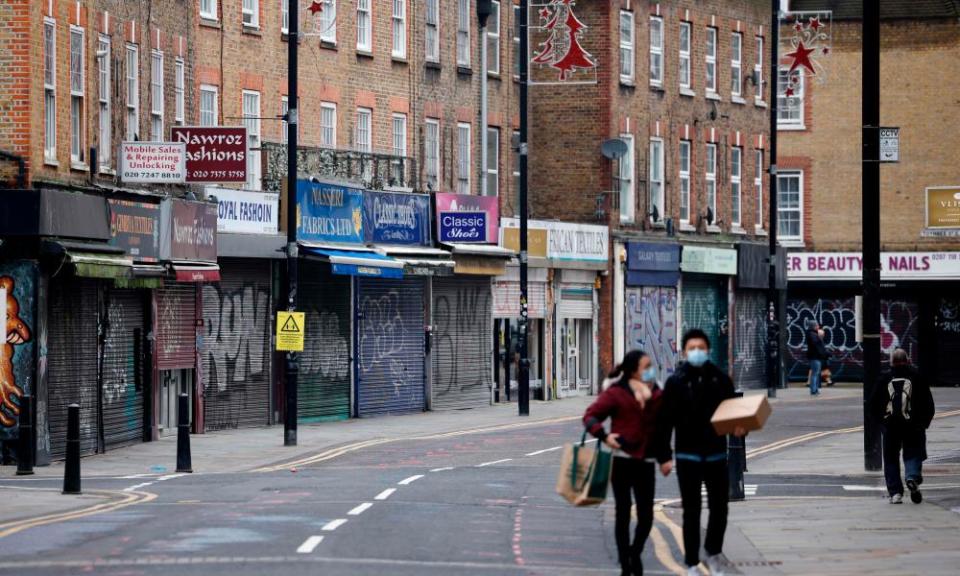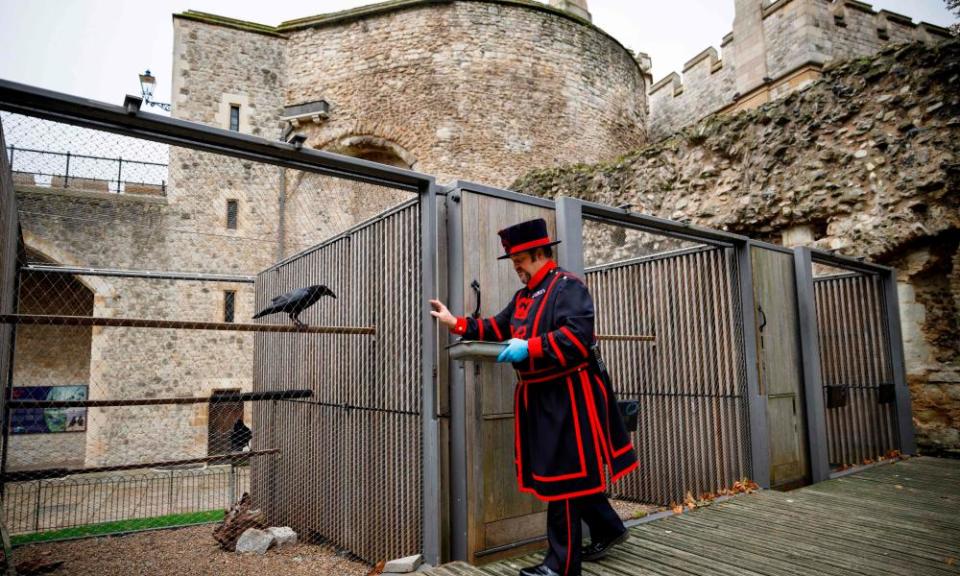Boomers are already dreaming of escape to the post-Covid sun

The “wrong kind” of older, or middle-aged, people are supposed to be receiving the Covid vaccine by the end of March. Not the truly elderly, the vulnerable shielders, but the other lot – taking us to the 32m total who are fiftysomething and above. All those boomers/generation Xers, unleashed back on to streets and into shops, waving their Covid-secure passes, perhaps to book themselves some well-earned YOLO hols.
Meanwhile, younger generations may feel left behind in more ways than one. And there’s the looming problem: the vaccine is the great liberator, but it rather depends what you’re getting liberated into, especially if you’ve no money or prospects. Could it give youth yet another reason to resent their elders for their perceived easier ride?
There’s a strong age element to Covid and not just because much older people are more likely to die. It’s also about the socioeconomics of life stages. This was evident early on when people started bragging about working from home on laptops in their gardens. All those smug ruminations on yoga and money saved on trains and coffee.
Meanwhile, many young people were crouched on single divans in shared flats, trying to work with flickering wifi. No gardens, kitchen-floor Ashtanga or delightful walks with the new puppy for them. If millennials/generation Y-ers were lucky, they were furloughed. If they weren’t, they were sacked and back, defeated, living with their parents.
The vaccinations could end up taking far longer than the government projects. And this is as much about class as it is about age. Not all boomers are having comfortable lockdowns – they’ll have ageing parents and struggling children to contend with and financial problems don’t only affect the young.
Still, look at the post-pandemic landscape from a younger person’s perspective: a guaranteed global financial crisis, key life-building years derailed. Not only that, one of your biggest assets, your golden youth, puts you at the back of the vaccination queue. And so you must wait and watch (and seethe) as older Covid-secure people are sprung out of pandemic prison to start consuming, bursting into restaurants as soon as they open, booking holidays away from “Plague Island”. And why shouldn’t they? Except, to many younger folk, their whole life feels like one big Plague Island.
Is this one of the problems with older generations from the younger point of view – the impression that little thought, if any, is given to how others are coping? It’s odd to think that the vaccine, the great societal get out of jail free card, could evolve into yet another dark, ugly, intergenerational row. Even weirder that, with a modicum of tact, some of this resentment could be avoided. If older people have anything to learn from the pandemic, it may be not to make it all about them.
Who would stay in Britain now if they could escape?

Is a reported exodus of foreign-born workers entirely due to the pandemic? A new study from the Economic Statistics Centre of Excellence estimates that the UK’s population could have fallen by up to 1.3m in the past year, the biggest decline since the Second World War.
London is thought to have lost 700,000 people, a fall that could be largely due to the job losses caused by Covid, particularly in the hospitality, entertainment and service industries. Instead of appearing in unemployment figures, this development is manifesting as return migration. It is thought that foreign-born workers finding themselves jobless or furloughed have decided to return to their home countries. Others may have chosen to return because of UK Covid infection rates.
All of which sounds interesting and plausible, but there could be another reason for a sudden exodus – the hope-gobbling ghoul they call Brexit. The figures cover the year up to September, when the last-gasp post-Brexit negotiations were in full swing. It seems logical that many foreign-born workers may have looked at a country that not only undervalued and demonised them, but was also badly screwing up the pandemic and thought: “To hell with this!” and booked a one-way ticket home. Who could blame them?
It’s relatively easy not to feel the loss of the hordes reported to have left the capital, but let’s see how different things feel post-pandemic. With figures still being assessed, presumably they will also end up including a fair number of British-born folk who have been all over social media making it very clear they intend to be part of the post-Brexit brain drain.
The big problem facing this post-Brexit (and Covid-riddled) isle isn’t going to be keeping people out, it’s going to be convincing (nay, begging) people to stay.
Stories about a long-distance pigeon and a missing raven fail to take flight

Yeoman Warder Ravenmaster Chris Skaife and one of his endangered charges. Photograph: Tolga Akmen/AFP/Getty Images
A couple of birds hit the news last week. One involved a pigeon called Joe, a plucky little fella who appeared to have made his way to Australia from the US, only for the Melbourne authorities to declare that he posed a threat to biosecurity and would have to be put down.
So much for that heartwarming tale of feathered endeavour (and potential hook for a new Disney franchise). It turned out that Joe’s US identity tag was fake; he was Australian in origin and wouldn’t have to be killed after all, just globally denounced as a winged fraud. If Disney aren’t interested in Joe’s story, perhaps Black Mirror would be?
Meanwhile, Merlina, queen of the Tower of London’s ravens, has gone missing, presumed dead. As legend has it, if there are fewer than six ravens in the Tower, then the kingdom will fall. It turns out that the Tower has a “spare” raven (bringing the total to seven) and might soon be able to replace Merlina with a new chick from its breeding programme.
How lovely, but also a tad boring. Call me a tragic old goth, but I was quite enjoying the dark frisson of kingdoms falling. Things are pretty doomy right now, so we may as well go the full Edgar Allen Poe.
• Barbara Ellen is an Observer columnist

 Yahoo Movies
Yahoo Movies 
